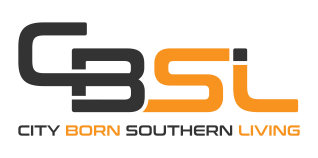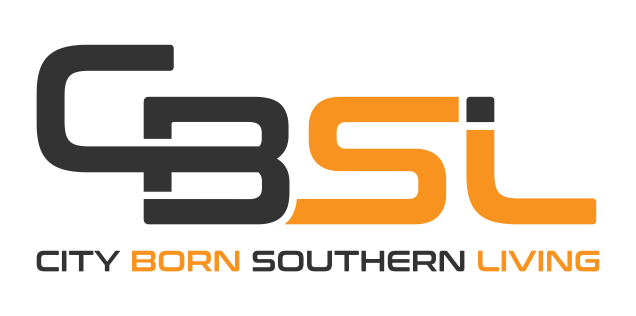
Does Mindfulness Help With Building Trust?
She asks me for the contact list I used for the event I’m putting together
I’ve known her for years and feel her intent is hidden
I hesitate and ask more questions
Feels like details are missing
I advise her that I’ll follow up later
I need more space between this request and my response to think it through first
She unhappily agreed to wait for a follow-up
I’m suspicious
Later that week….
He asks me for the contact list I used for the event I’m putting together to compare against his list for another event
I’ve known him for under a year
I provide him with the list
Feel confident in my response
He responds with letting me know no one on my list will be attending this event and suggests we promote each other’s events to gain more exposure for both
I’m glad I shared
Sound familiar? Knowing someone for years doesn’t automatically equal trust.
There are some people I’ve known for years and don’t trust; others have my trust after a short amount of time.
“Trust is choosing to make something important to you vulnerable to the actions of someone else.”
Characteristics of the Trusted:
Thinking about the people who I trust, there are a few characteristics they have in common:
Authenticity – They offer candid feedback/responses and reactions
Transparency – They lead with the details
Consistently – I know what to expect from them
“He who does not trust enough will not be trusted.” – Lao Tzu
Benefits of a Mindful Practice Focused on Building Trust:
Some benefits of mindfully adapting these characteristics in my own approach are:
- Reducing the time it takes to get things done – things are done quicker between people who trust each other. In low-trust environments, you’ll see low morale, disengagement and a lack of commitment. You’ll also see people manipulating, distorting facts and withholding information. There will be resistance to new ideas, bad-mouthing, finger-pointing, over promising, under delivering and, often, tension and fear. Everything will take longer to do and everything will cost more.
- Increasing resources available to leverage – people are more open to sharing their knowledge with others they trust. Your ability to collaborate goes up, as does your ability to attract, retain and engage people. When trust goes up, you’ll see people sharing information, not afraid to make mistakes, more creativity, higher accountability and greater energy and satisfaction.
- Build a tribe – gain more mentors, supporters, and sponsors who feel they know you well and will vouch for you when needed. Shared Identity + Profound Meaning = Tribe = Trust
- Self-development – this is a struggle for a lot of people but few take the time to put energy towards making themselves better with gaining others trust. You cannot force others to become more trustworthy, but you can become more worthy of trust yourself. By raising your own bar, through your words and actions, and being the change you want to see in others, you can ultimately create a more trusting environment around you.
Paying attention to how others make you feel could expose a lot of self-development opportunities. Who do you trust? Why?
 Copyright secured by Digiprove © 2017 Crystal Gibson
Copyright secured by Digiprove © 2017 Crystal Gibson






